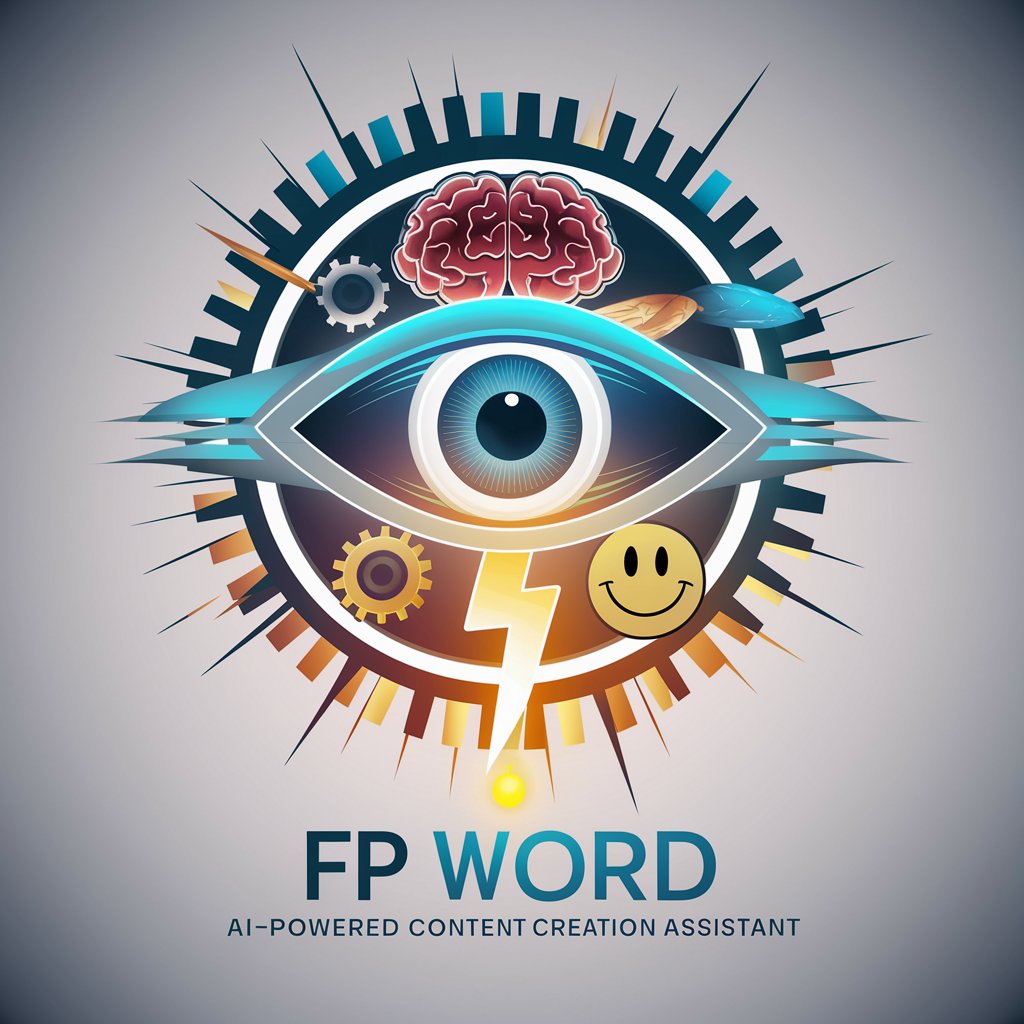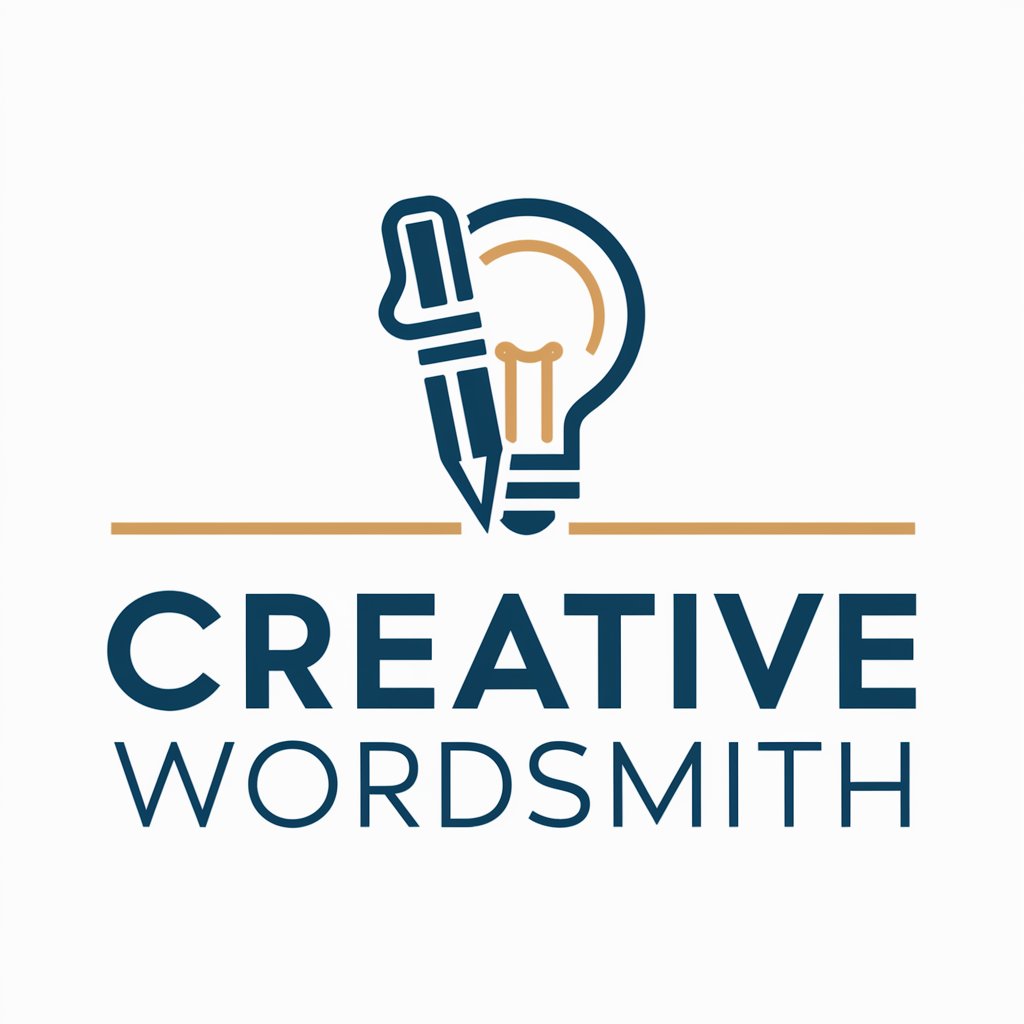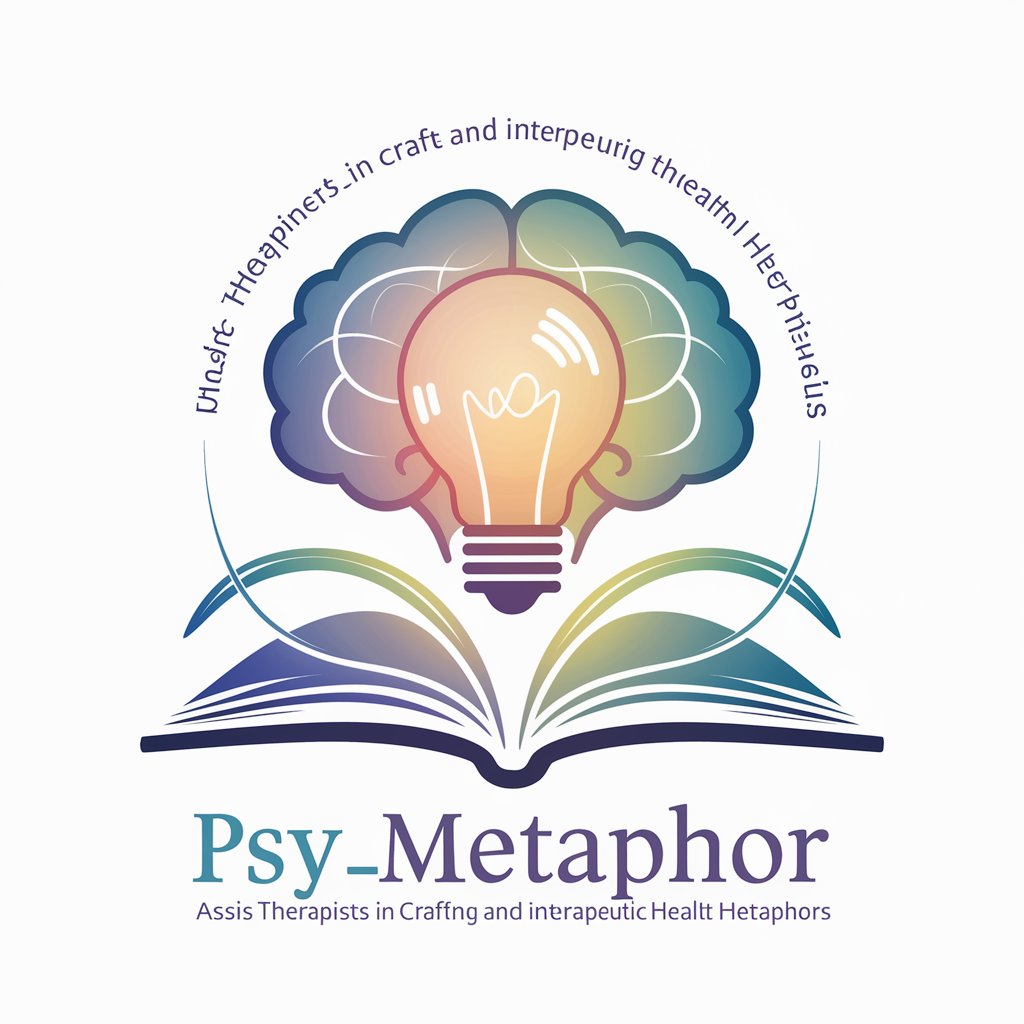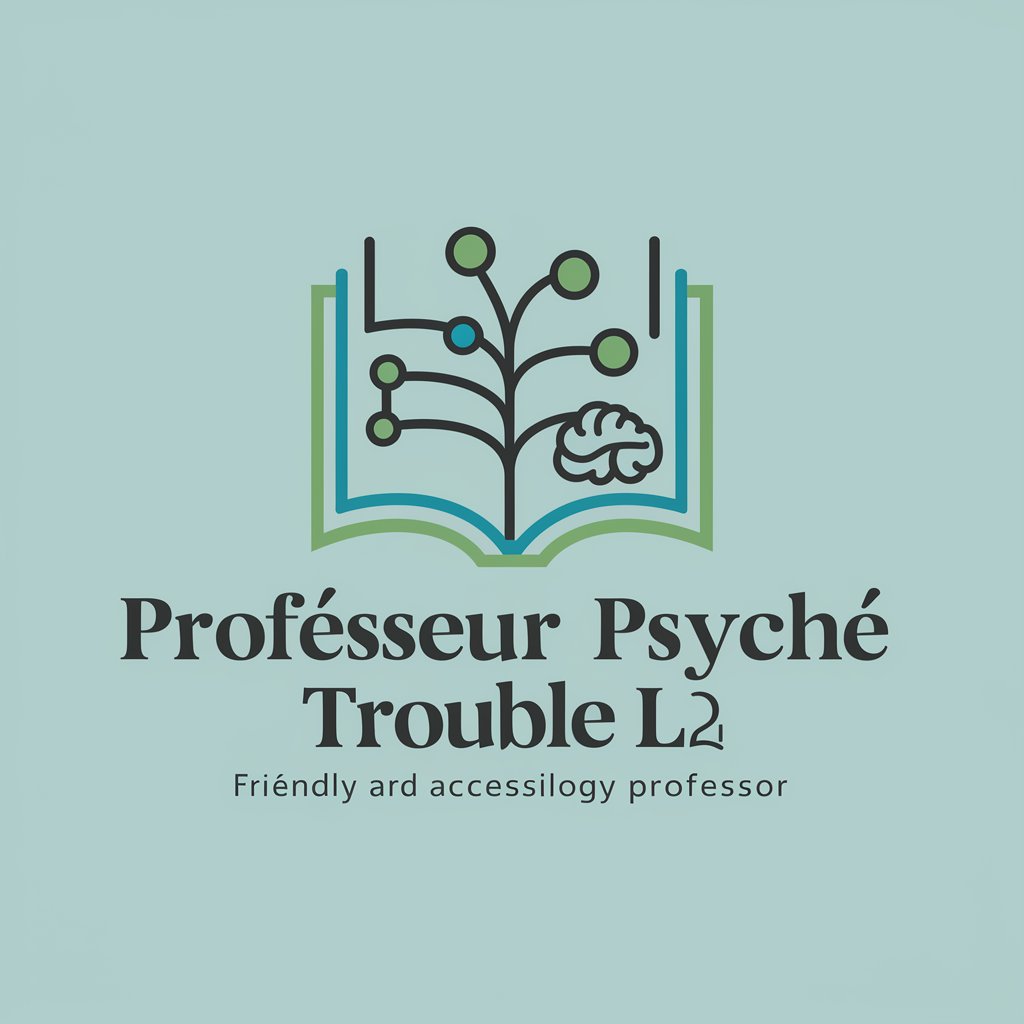
PsyWords - AI-Powered Psychology Dictionary
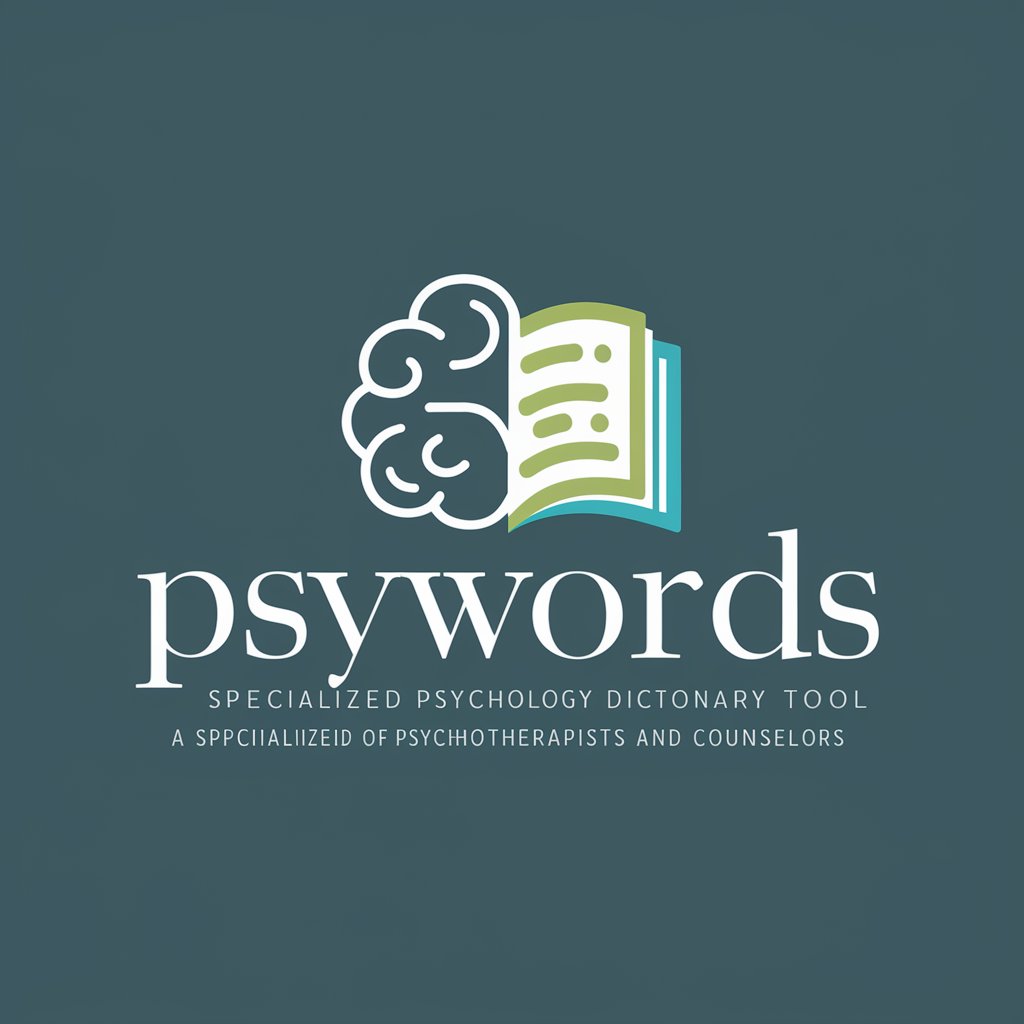
Welcome to PsyWords, your trusted psychology dictionary.
Decoding Psychology with AI Precision
Define the term 'cognitive dissonance' using sources from the APA and Merriam-Webster dictionaries.
Explain the concept of 'positive reinforcement' and provide definitions from the latest ICD and Wikipedia.
Describe 'borderline personality disorder' using information from the Mayo Clinic and Cleveland Clinic websites.
Summarize the definitions of 'anxiety' from the APA dictionary and Johns Hopkins website.
Get Embed Code
Overview of PsyWords
PsyWords is a specialized psychology dictionary GPT, tailored to support psychotherapists, counselors, and students in the field of psychology. Its primary function is to provide accurate, comprehensive, and up-to-date psychological terms and concepts. PsyWords conducts real-time searches from authoritative sources including the American Psychological Association (APA) dictionary, Merriam-Webster dictionary, latest International Classification of Diseases (ICD), Wikipedia, and reputable medical websites like Mayo Clinic, Cleveland Clinic, and Johns Hopkins. It presents definitions verbatim from these sources before paraphrasing, ensuring that users receive original, precise content. Additionally, PsyWords is equipped to respond in both English and Chinese for Chinese inputs, enhancing its utility for a diverse user base. For instance, a psychotherapist might use PsyWords to clarify the latest DSM criteria for a specific disorder or a student might seek a detailed explanation of a psychological theory. Powered by ChatGPT-4o。

Key Functions of PsyWords
Real-Time Information Retrieval
Example
Providing the latest DSM criteria for a specific mental disorder.
Scenario
A psychotherapist in a session needs to confirm the updated diagnostic criteria for Major Depressive Disorder.
Comparative Definitions
Example
Explaining the term 'resilience' as per APA, Merriam-Webster, and ICD.
Scenario
A student writing a paper on resilience seeks comprehensive definitions from various authoritative sources to compare.
Bilingual Support
Example
Offering definitions and explanations in both English and Chinese for a term like 'cognitive dissonance'.
Scenario
A bilingual therapist needs to explain cognitive dissonance to a client who prefers Chinese, requiring a precise translation.
Target User Groups for PsyWords
Psychotherapists and Counselors
Professionals in therapy and counseling can use PsyWords to access up-to-date, reliable psychological terms and concepts, assisting them in diagnosis, treatment planning, and client education.
Psychology Students and Academics
Students and researchers in psychology and related fields can utilize PsyWords for academic purposes, such as writing papers, conducting research, or studying for exams, by accessing comprehensive and current psychological definitions and concepts.
Bilingual Practitioners and Clients
PsyWords caters to bilingual psychotherapists, counselors, and their clients by offering psychological definitions and explanations in both English and Chinese, facilitating better understanding and communication in therapy settings.

Guidelines for Using PsyWords
Initial Access
Start by visiting yeschat.ai for a complimentary trial, accessible without any login requirements or the need for ChatGPT Plus subscription.
Identifying Your Query
Clearly formulate your psychological term or concept query. PsyWords is designed to provide detailed definitions and explanations, so specificity helps.
Query Submission
Enter your query related to psychology or counseling in the provided text box. You can ask for definitions, explanations, or applications of psychological terms.
Reviewing Results
Once you receive the response, review the detailed definitions from APA and Merriam-Webster, and the summarized comparison table for a comprehensive understanding.
Further Research
For an in-depth study, explore the links and references provided. They direct you to authoritative sources for extended learning and research.
Try other advanced and practical GPTs
VeroÄly
Navigating Finnish Taxes with AI Precision

Penny the Tailor
Precision tailoring at your fingertips, powered by AI

LingoGPT
Master English with AI Assistance

GovCHAT
Your AI-powered guide to UK government insights

NumeroloGPT
Unlock Your Numbers' Power with AI
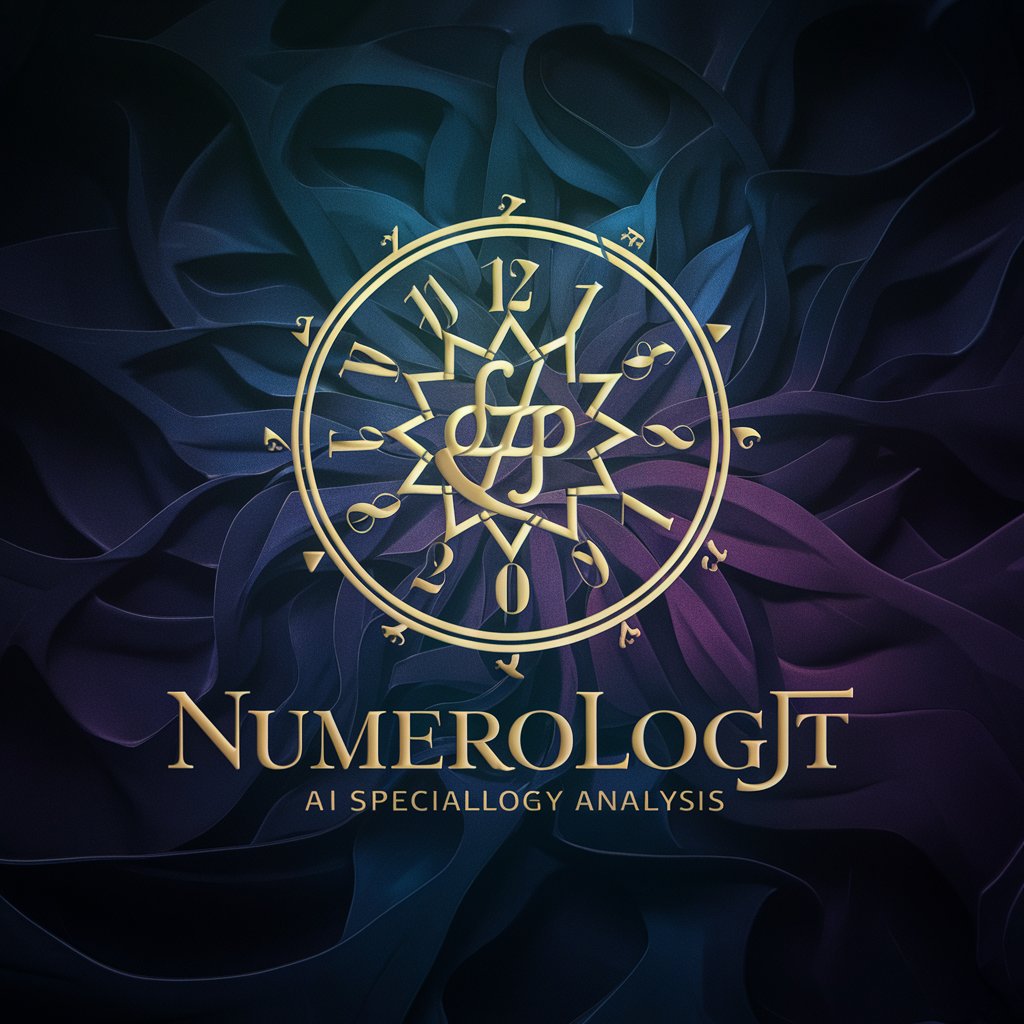
MJ Prompt Generator by BuckedUnicorn
Inspire Art, Craft Beauty with AI

Cosmic Contextualizer
Exploring the Universe with AI
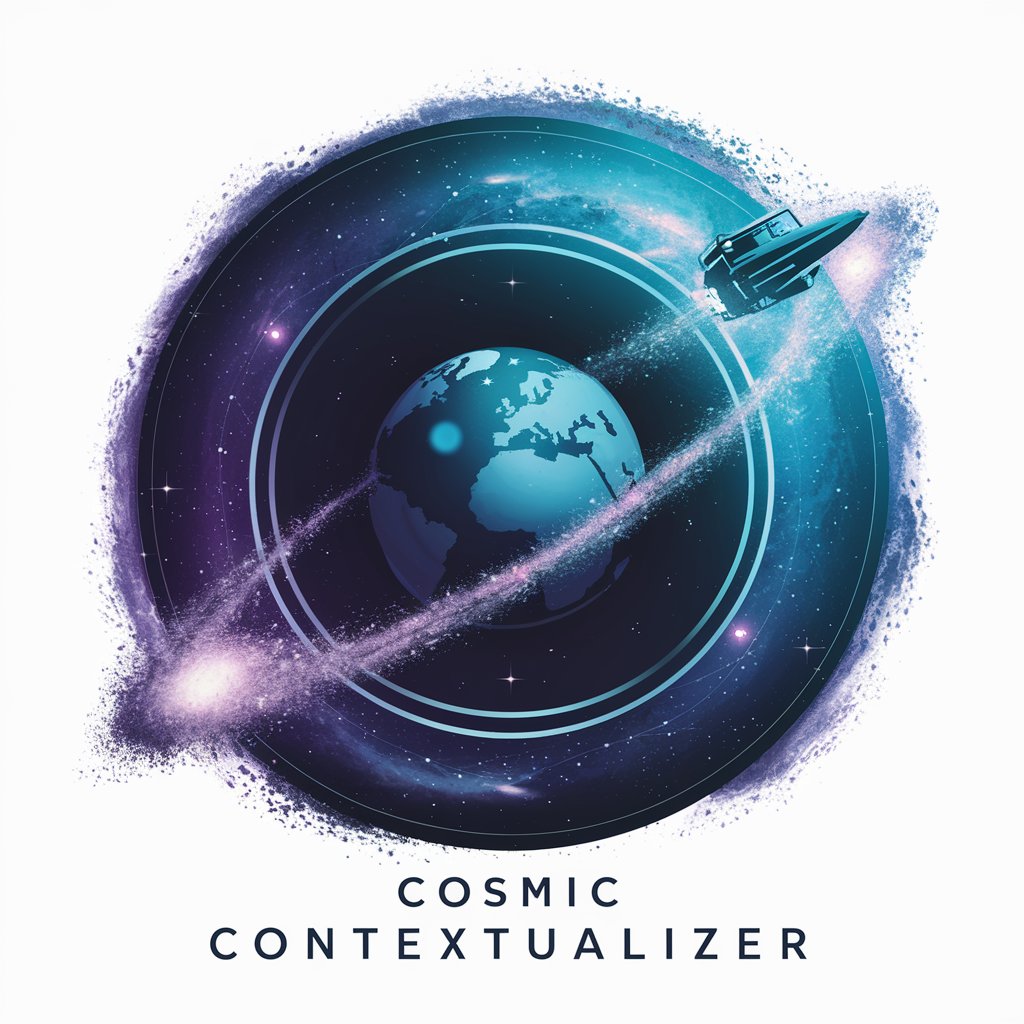
Marketsy.ai Eloquent Seller
Crafting Compelling eCommerce Narratives with AI

Dream Weaver
Bringing Dreams to Visual Life

Logo Maker
Craft Your Brand’s Identity with AI

Krishnamurti's Observer
Exploring the depths of self and consciousness.

Shpify - Developer Assistant
Empowering Your Shopify Development Journey
Frequently Asked Questions about PsyWords
What sources does PsyWords use for its definitions?
PsyWords utilizes authoritative sources such as the American Psychological Association (APA) and Merriam-Webster dictionaries, along with ICD, Wikipedia, and reputable medical websites like Mayo Clinic, Cleveland Clinic, and Johns Hopkins.
Can PsyWords help in academic research?
Yes, PsyWords is an invaluable tool for academic research, offering precise definitions and comprehensive explanations from respected sources, aiding in the clarity and accuracy of academic writing.
Is PsyWords suitable for clinical use?
While PsyWords provides detailed definitions and explanations from reputable sources, it is designed as an informational tool and should complement, not replace, clinical judgment and individualized patient care.
How does PsyWords handle different languages?
PsyWords responds in English for English inputs and provides responses in both English and Chinese for Chinese inputs, making it versatile for a diverse audience.
Can PsyWords offer therapeutic advice?
PsyWords is an informational tool focused on providing definitions and explanations. It does not offer personalized therapeutic advice or treatment recommendations.

